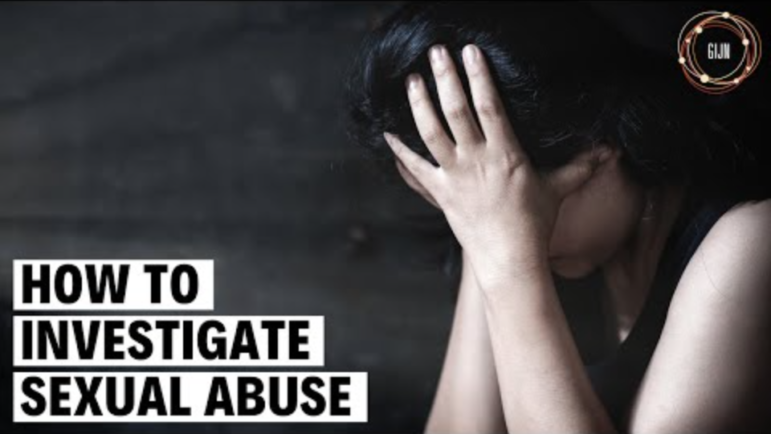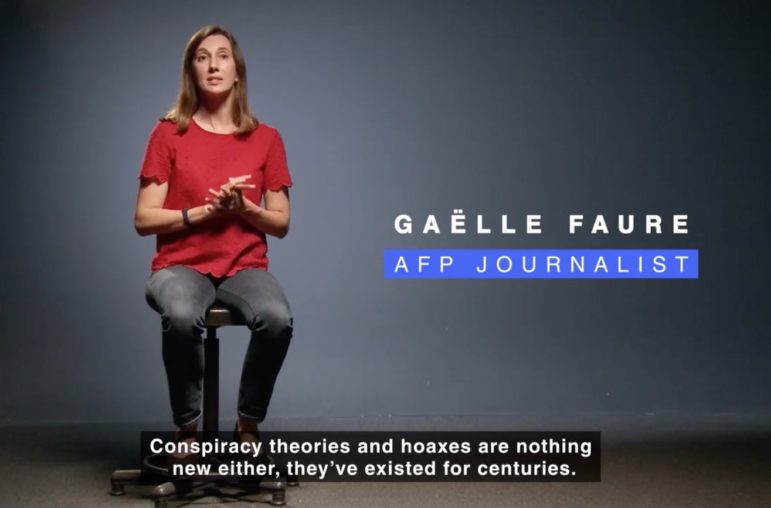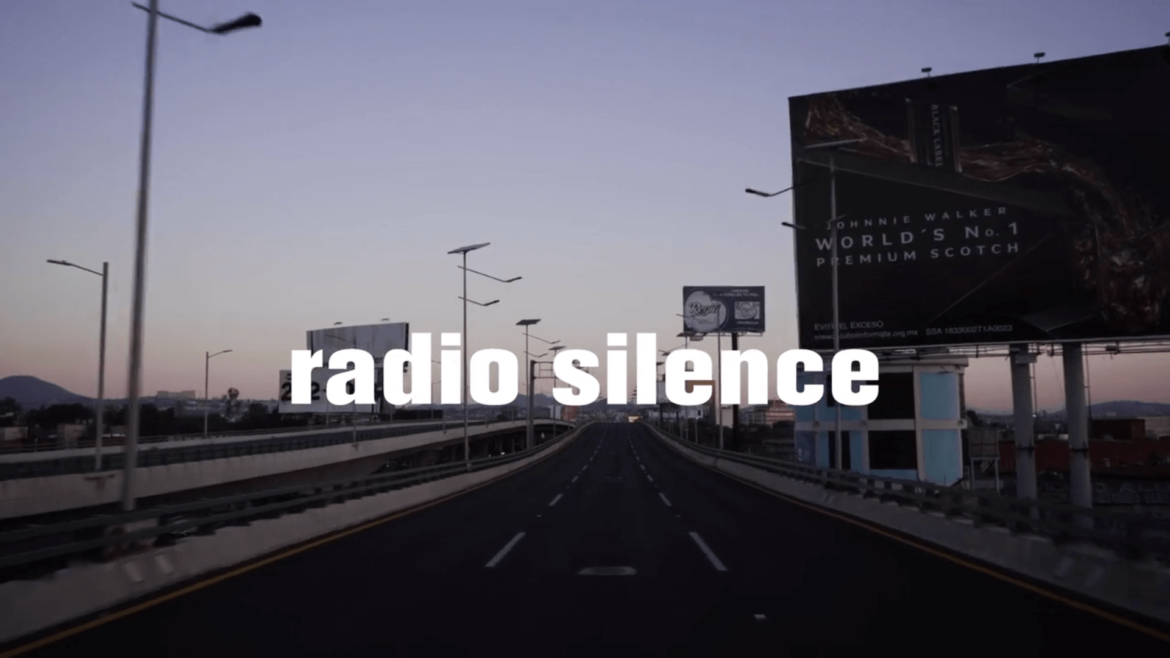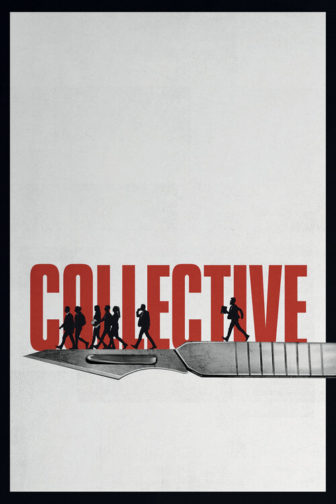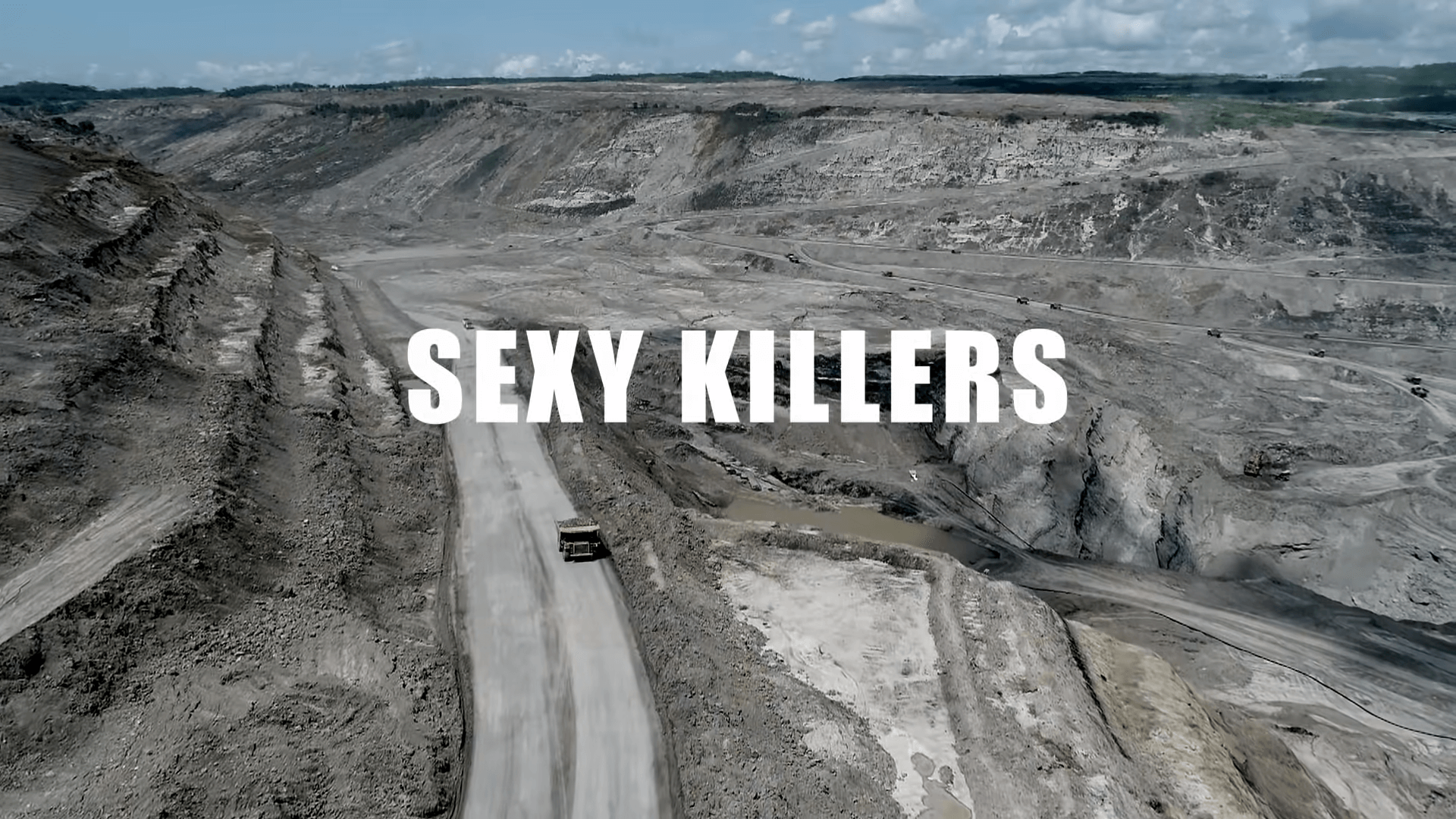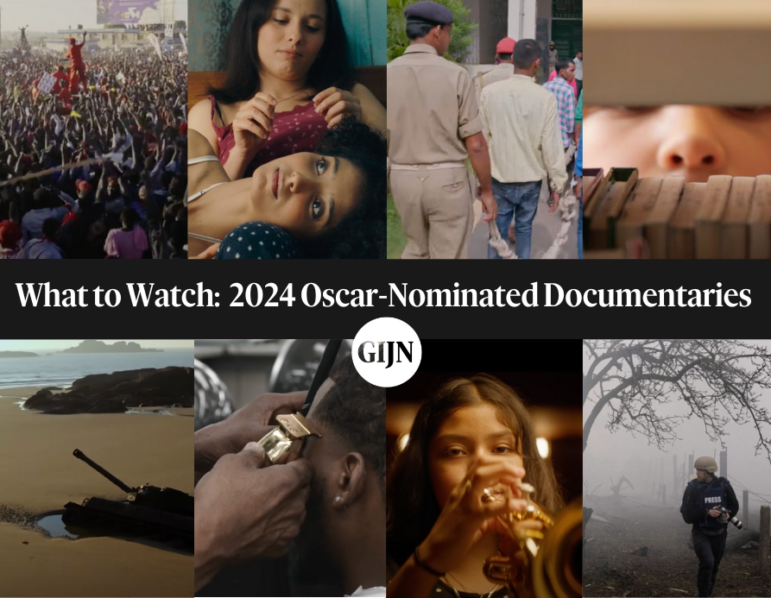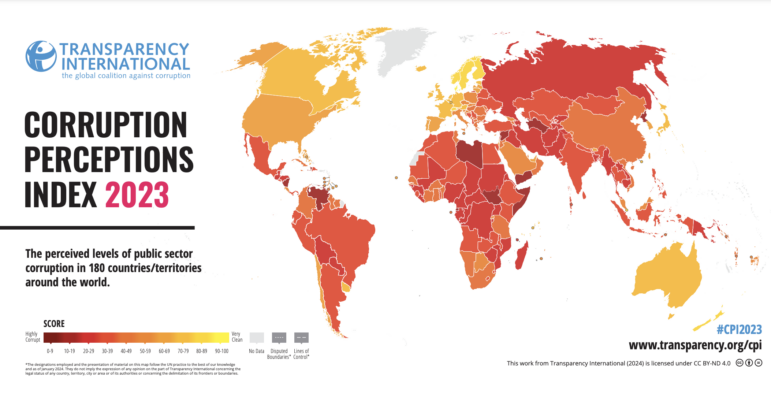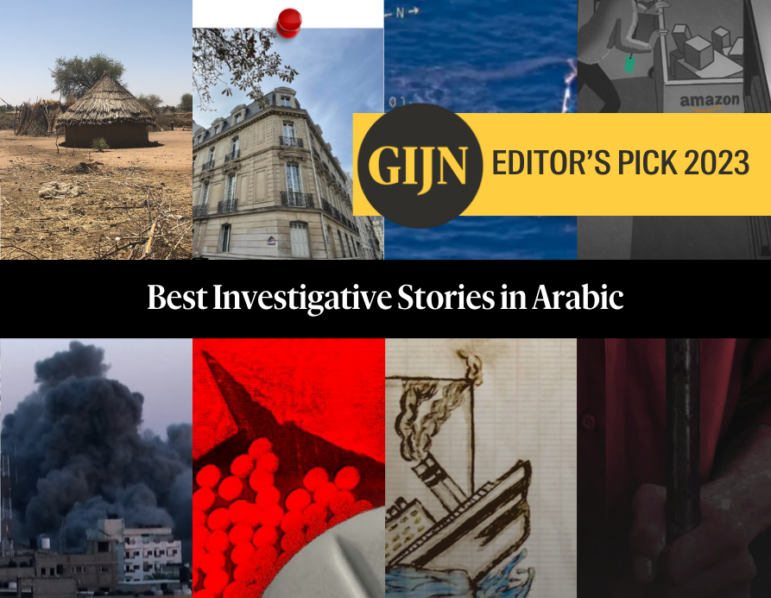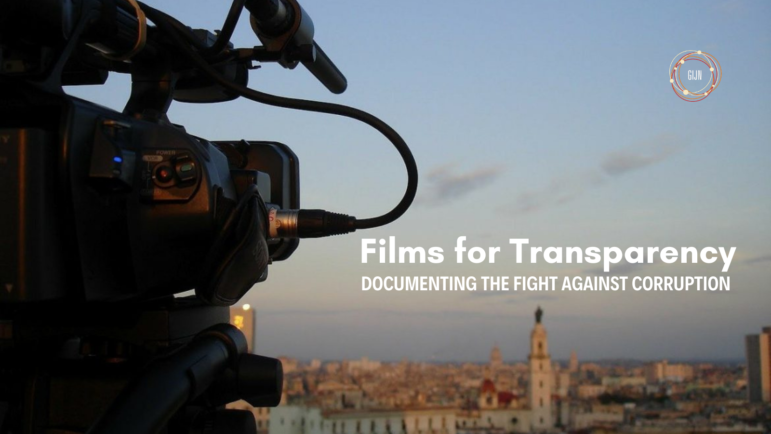

What To Watch: 5 Anti-Corruption Documentaries from Films for Transparency
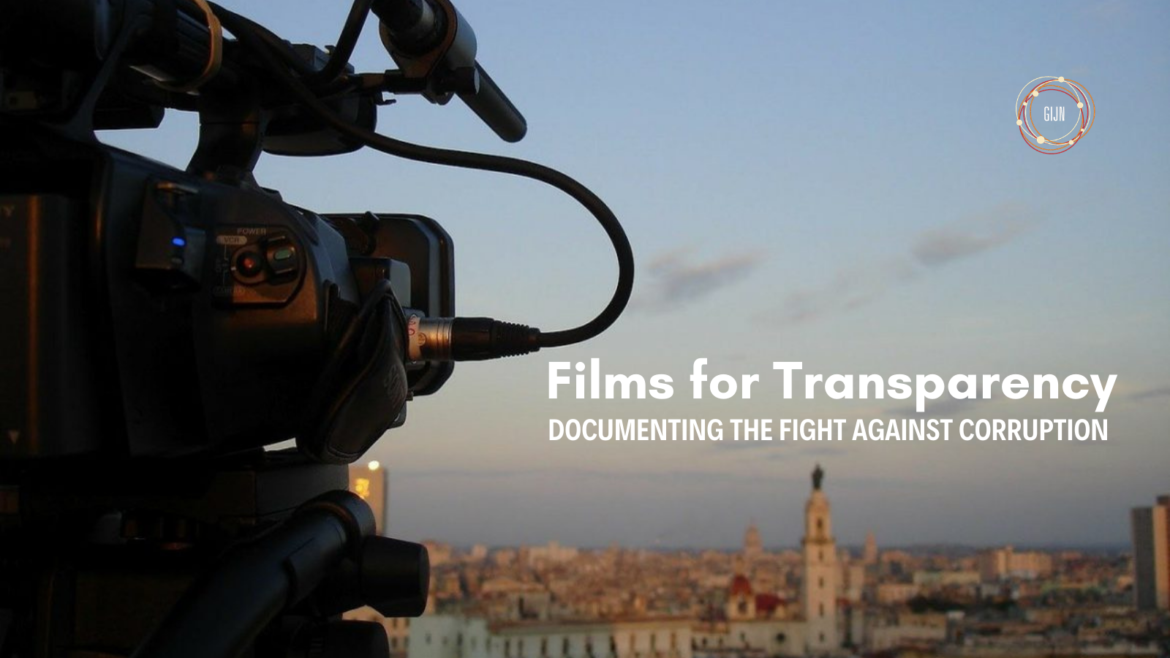
The pandemic has seen film festivals around the world go virtual. This was the case for Films For Transparency (F4T), a festival that focuses exclusively on works featuring anti-corruption issues. Organized by The International Anti-Corruption Conference Series and Transparency International, the festival was scheduled for December 2020 in South Korea. Then the pandemic happened. So, like almost all other conferences around the world, it was held online.
F4T’s first festival was held in Panama in 2016; in 2017, it was held in Hamburg; in 2018, in Copenhagen; and in 2019, in Berlin. Since its launch, F4T has partnered with the Doc Society and Good Pitch to bring documentary film into one of the world’s largest anti-corruption forums.
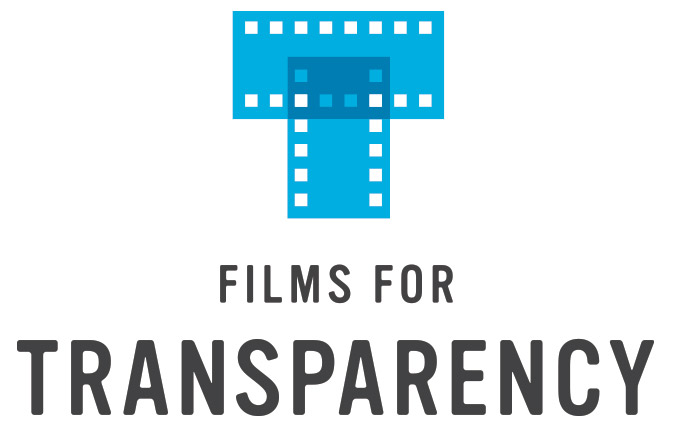 “Making it virtual was challenging, as human contact is central to our work,” Roberto Perez-Rocha, founder and director of F4T, told GIJN. “That said, we also found opportunities. This time we reached more viewers, many of whom would have not been able to travel to South Korea. It was a way to democratize the festival.
“Making it virtual was challenging, as human contact is central to our work,” Roberto Perez-Rocha, founder and director of F4T, told GIJN. “That said, we also found opportunities. This time we reached more viewers, many of whom would have not been able to travel to South Korea. It was a way to democratize the festival.
“We also agreed with the directors that the pieces were going to be available online for the entire festival, and not only during a space in the agenda,” added Perez-Rocha, who also directs the International Anti-Corruption Conference. “That allowed us to get broader audiences.”
Here are our picks of the top investigative reporting documentaries shown virtually during the festival.
Radio Silence (Mexico)
Directed by filmmaker Juliana Fangul, “Radio Silence” is a documentary that tells the story of one of Mexico’s most trusted journalists, Carmen Aristegui. Aristegui demanded that the privately-owned radio station where she worked reinstate two investigative reporters after they were fired. The station decided to let her go instead. She was not cowed. Aristegui continued to fight against corruption, and thousands of listeners followed her as she set up a new, independent platform.
The film is an intimate day-to-day portrayal of Aristegui’s fight for press freedom in Mexico. But her struggle is the same for many other reporters in the country. Mexico has become one of the most dangerous places in the world for journalists, who often run the risk of offending organized crime groups or powerful politicians, especially in states where corrupt politicians favor certain criminal groups.
Collective (Romania)
Directed by Alexander Nanau, this documentary tells the story of a group of investigative journalists and their work exposing corruption and public healthcare fraud following a fatal fire in a nightclub in the Romanian capital, Bucharest. The tragedy led to the resignation of the country’s prime minister, Victor Ponta, while the reporters’ findings into what happened after sent shockwaves around Romania.
The film received the European Documentary Award at the 2020 edition of the European Film Awards. It was also screened at the 2020 Sundance Film Festival, and was recently chosen as Romania’s Academy Awards entry for best international feature. It is especially relevant now, as COVID-19 tests the integrity of health care systems around the world.
The Amazon, a New Minamata? (Brazil)
Directed by Brazilian Jorge Bodanzky, the documentary compares the damaging mercury contamination in Minamata, Japan — where cases of severe mercury poisoning spanned decades — to what is currently happening in the Brazilian Amazon. There, heavy metals, and especially the mercury which is used in gold mining processes, are contaminating the blood of the indigenous people living in the area.
In the Brazilian Amazon, gold mining is banned on indigenous land. Yet illegal mining operations abound. Mining there has social and economic consequences, including inequality and exploitation, and brings health challenges to some of Brazil’s most vulnerable groups.
The documentary is currently only available to be watched via online film festivals.
Sexy Killers (Indonesia)
Directed by Dandhy Dwi Laksono and Ucok Suparta, this documentary is about the coal mining industry, the environmental damage it causes, and the links between different mining enterprises and Indonesia’s political elite. The deforestation and large-scale excavations associated with coal mining have dramatically increased the risk of flooding and landslides on the island of Borneo. But the industry has political influence throughout the island nation. The film was initially screened for civil society groups and students before being uploaded on YouTube. As of January 2021, it has more than 35 million views.
Wood (United States, Romania, Peru)
Directed by Monica Lăzurean-Gorgan, Michaela Kirst, and Ebba Sinzinger, this documentary follows Alexander von Bismarck, the executive director of the Washington, DC-based Environmental Investigation Agency. Using hidden cameras, the filmmakers documented his seven-year effort to infiltrate the unregulated wood industry and expose government and corporate corruption. The resulting environmental thriller is a unique combination of investigative journalism and international espionage. It demonstrates the similarities in the illegal logging industries in Russia, Romania, and Peru, and asks the audience to question the real price of cheap wood.
Click here to read the complete list of the documentaries shown at the Films For Transparency 2020 Film Festival.
Additional Reading
A Global Tour of Top Investigative Podcasts: The 2020 Edition
What to Watch: DIG’s Investigative Documentary Shortlist
4 Sundance Documentaries That Shed Light on the Perils of Journalism
 Andrea Arzaba is a journalist and GIJN’s Spanish Editor. As a reporter and media professional, Arzaba has dedicated her life to documenting the stories of people in Latin America and Latinx communities in the US. She is an International Women’s Media Foundation fellow and part of Transparency International’s Young Journalists Program.
Andrea Arzaba is a journalist and GIJN’s Spanish Editor. As a reporter and media professional, Arzaba has dedicated her life to documenting the stories of people in Latin America and Latinx communities in the US. She is an International Women’s Media Foundation fellow and part of Transparency International’s Young Journalists Program.

